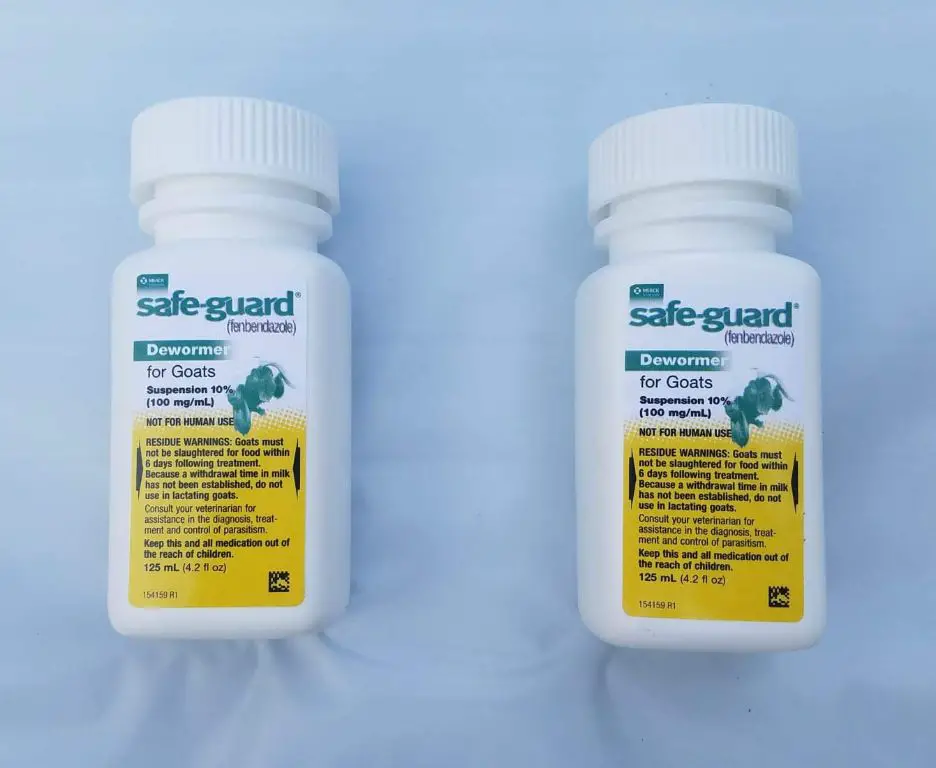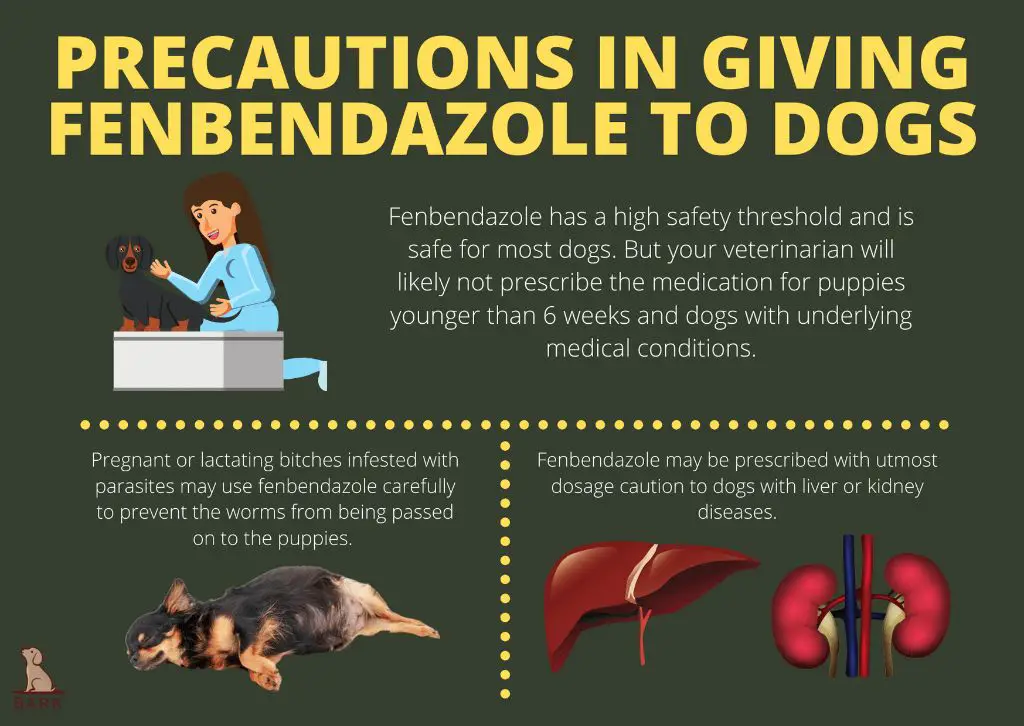Introduction
Fenbendazole is a medication that has been used safely and effectively for decades as a broad-spectrum dewormer for dogs, cats, and other animals. Its labeled veterinary uses include treating roundworms, hookworms, whipworms, and tapeworms. Under brand names like Panacur and SafeGuard, fenbendazole has become a commonly used and trusted product among vets, pet owners and breeders for controlling intestinal parasites in dogs with a wide margin of safety.
In recent years, some people have begun exploring and self-medicating with off-label usage of fenbendazole intended for dogs to treat various health conditions in humans, despite a lack of research and approvals for human use. However, fenbendazole is only FDA approved as a veterinary dewormer, and there are potential risks with taking any medication without medical supervision.
Recent Interest in Fenbendazole for Human Use
In recent years, there has been growing interest in using the veterinary dewormer fenbendazole to treat certain health conditions in humans, particularly cancer. Fenbendazole is not FDA-approved for human use, but some people have started taking the dog and cat formulations off-label in an attempt to treat cancers like lymphoma, pancreatic cancer, and brain tumors. This practice has generated a lot of excitement and discussion online in patient forums and social media groups.
The interest seems to have started with anecdotal reports of cancer patients or their family members giving their dogs fenbendazole for routine deworming, and coincidentally seeing an improvement in their own cancer symptoms. This prompted speculation that fenbendazole may have unexpected anticancer effects in humans as well.

However, there is currently very limited scientific research investigating fenbendazole as a cancer treatment in humans. The excitement stems mainly from preclinical studies in cell cultures or animals, showing that fenbendazole exhibits anti-tumor properties. But the limited data makes it difficult to know if giving fenbendazole to cancer patients would actually improve outcomes.
Nevertheless, some patients are willing to try fenbendazole when conventional treatments have failed, given the generally benign safety profile in dogs. There are many anecdotal stories of patients taking fenbendazole and experiencing cancer remission or stabilization. But controlled studies are needed to truly determine efficacy and appropriate dosing in humans.
Mechanism of Action

Fenbendazole is a benzimidazole drug that works by disrupting the microtubules and microtubule production of parasitic worms. Microtubules are an important structural component of cells and are involved in many critical cellular processes like cell division and intracellular transport. Fenbendazole binds to a subunit of microtubules called beta-tubulin, preventing the polymerization and assembly of tubulin into microtubules. This disruption of microtubule function effectively immobilizes and starves the parasites by inhibiting their ability to absorb nutrients. The loss of microtubule structure also prevents proper cell division, eventually leading to the death of the parasitic worms.
Additionally, fenbendazole seems to inhibit the production of ATP, a key energy source for cells. The combined effects of disrupting microtubule function and depleting energy reserves allow fenbendazole to act as a broad-spectrum dewormer effective against many common parasites including hookworms, roundworms, whipworms, and tapeworms.
Efficacy Against Parasites
Fenbendazole has been shown to be highly effective at eliminating intestinal parasites in dogs. Numerous studies have demonstrated its efficacy against common parasites like roundworms, hookworms and whipworms.
One study published in the Journal of Veterinary Pharmacology and Therapeutics in 2008 tested fenbendazole against the intestinal parasite Toxocara canis in puppies. Across three consecutive days, puppies were given 50 mg/kg of fenbendazole. The results showed a 100% elimination rate of T. canis parasites.
Another study in the Australian Veterinary Journal in 2007 evaluated fenbendazole’s efficacy against general nematode (roundworm) infestation in dogs. Dogs were treated with 25 mg/kg once daily for 3 consecutive days. After 14 days, the treatment resulted in a 99.3% reduction of nematode eggs, demonstrating high efficacy.
Overall, numerous controlled studies and decades of clinical experience demonstrate that fenbendazole is highly potent at eliminating a wide range of intestinal parasites when given to dogs as recommended by veterinarians.
Safety Profile in Dogs
Fenbendazole has been widely used as a broad-spectrum dewormer for dogs for decades. It is considered very safe when used as directed in canine patients. The most common side effects seen in dogs include vomiting, diarrhea, lethargy, and inappetence. These effects are usually mild and self-limiting.
Fenbendazole has a wide safety margin in dogs. The oral LD50 in dogs is >10g/kg, meaning the lethal dose required to kill 50% of dogs is very high. Therapeutic dosages for deworming range from 20-50mg/kg. This makes fenbendazole’s therapeutic index very favorable.
Overall, fenbendazole is exceptionally well-tolerated in dogs when given at approved deworming dosages. Millions of doses have been administered to canine patients over decades of use. Serious adverse events are very rare. For these reasons, the safety profile of fenbendazole in dogs is considered excellent.
Potential Risks and Side Effects

While fenbendazole is generally well tolerated in dogs, there are some potential risks and side effects to be aware of if using this medication in humans:
Gastrointestinal Effects
Fenbendazole can cause mild gastrointestinal upset such as nausea, vomiting, and diarrhea. These effects are usually transient but can potentially be problematic in certain populations like the elderly or chronically ill.
Allergic Reactions
As with any medication, allergic reactions ranging from mild rashes to severe anaphylaxis are possible. People with known drug allergies should exercise caution.
Liver Toxicity
High or prolonged doses of fenbendazole have been associated with liver damage in some animals. The risks to human liver function are unknown.
Drug Interactions
Fenbendazole may interact with other medications like blood thinners and chemotherapy drugs. Always consult a doctor before using it with other medicines.
Lack of Safety Data
Perhaps the biggest risk is the lack of human trials and unknown long-term safety. While widely used in animals, human data is limited to case reports and small studies.
Limited Evidence for Human Use
While there is anecdotal evidence and limited small studies on using fenbendazole for certain health conditions in humans, there is a lack of large, robust clinical trials to support its efficacy and safety. Most of the excitement around fenbendazole has been based on lab studies, animal research, and personal accounts. However, more rigorous research is needed before fenbendazole can be recommended as a treatment by the medical community.

The pathways and dosing required for benefit in humans may differ greatly from that in animals. We cannot assume fenbendazole will have the same effects across species. Claims around fenbendazole significantly improving serious conditions like cancer and autoimmune diseases require a high bar of proof. Larger scale, double-blind, placebo-controlled trials are needed to determine appropriate dosing, examine interactions with other medications, and monitor for long-term side effects.
While some doctors may be cautiously exploring fenbendazole with patients, health agencies have not approved the drug for any human conditions. Much more research is needed to validate if fenbendazole could be a safe, effective treatment option. Patients should be wary of claims touting it as a miracle cure absent the data to back it up. More study is needed before fenbendazole can be responsibly recommended for human use.
The Need for More Research
While some anecdotal reports on internet forums suggest fenbendazole may have anti-cancer effects in humans, there is currently very limited scientific evidence to support these claims. The few small studies conducted so far have significant limitations, such as lack of control groups or randomization. Much more rigorous, large-scale randomized controlled trials in humans are needed before any definitive conclusions can be made about fenbendazole’s efficacy and safety for human use.
The dosage required for potential anti-cancer effects in humans is also unknown. Fenbendazole has been approved by the FDA for use in dogs at specific doses. However, the appropriate dose for humans, as well as potential toxicity at those doses, has not been established through scientific study. Self-medicating with fenbendazole without medical supervision could be dangerous.
While the mechanisms by which fenbendazole acts as an anti-helminthic in dogs may suggest theoretical anti-cancer properties, the metabolic differences between dogs and humans mean we cannot assume it will have the same effects in people. Well-controlled clinical trials specifically testing fenbendazole in human cancer patients are needed.
The bottom line is more research is required before fenbendazole can be recommended as an anticancer agent in humans. There is promising laboratory and anecdotal data, but definitive clinical evidence is lacking. Patients interested in fenbendazole should first consult their doctor and not self-prescribe without medical supervision.
Consult a Doctor Before Use
Before trying fenbendazole, it is important to consult a licensed medical professional. Although fenbendazole is approved for veterinary use, there is limited evidence for its safety and efficacy in humans. Self-medicating with a dog dewormer can be extremely dangerous and should never be done without medical supervision.
A doctor can help determine if fenbendazole is appropriate for your situation, dosing, potential interactions with other medications, and monitoring for side effects. They can also provide proven alternatives that may be safer and more effective. Attempting to treat a medical condition without professional guidance risks doing more harm than good.
While interest in repurposing fenbendazole is understandable, the excitement should be tempered with caution. More rigorous research is still needed. Jumping to off-label use prematurely could have tragic consequences. Always consult an experienced physician before trying any unapproved therapies – your health is too important.
Conclusion
In summary, while fenbendazole has shown promise in test tube and animal studies against certain parasites, cancers, and viruses, the current evidence in humans is extremely limited. Much more research is needed before fenbendazole can be recommended as a safe and effective treatment for anything other than its FDA-approved uses in animals. It’s important to keep in mind that medications designed for animals are not held to the same safety and efficacy standards as those for humans. Self-medicating with veterinary dewormers can be dangerous due to differences in dosing and potential toxicity. Patients are strongly advised to consult their doctor before using fenbendazole or any other animal medication. While repurposing approved drugs is an exciting area of research, more rigorous human trials are needed before we can reach definitive conclusions about fenbendazole’s value for other conditions. Caution is warranted until we have higher quality evidence.